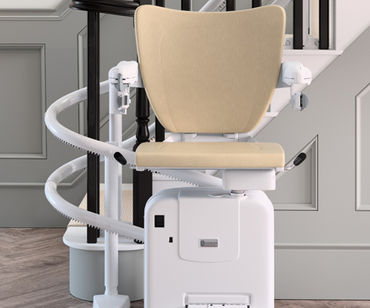Research reveals the pandemics impact on older adult’s mobility

A new study that was recently released by the University of Manchester’s Institute for Collaborative Research on Ageing (MICRA) has revealed the main challenges that adults over the age of 50 faced during the pandemic.
The study aimed to learn about the impact of the pandemic on the everyday lives of older people and to examine the activities of community organisations working on their behalf.
Over the course of the pandemic, people across the UK were advised to stay at home and this naturally meant people did not go out and exercise as much as they normally would. The people interviewed as part of the research said that physical deterioration, especially as a result of restricted mobility and lack of exercise, were the main challenges and difficulties that they experienced over the course of the lockdowns.
A deterioration in mental health as a result of losing relatives, the impact of shielding and a lack of contact with friends and family is another challenge that older people have suffered from during the pandemic, according to the study.
The social isolation has been difficult for many people, but especially for older adults who may suffer from mobility problems and need to use stairlifts and other aids to get around as they may rely on others to help them with tasks such as shopping and cleaning.
The study also found that during the pandemic older people worked within their communities to support themselves and their families. They accessed green spaces in the community more often as well as adapted to digital technology and volunteered more.
Professor Chris Phillipson, the report’s lead author from The University of Manchester, said: “Our research has identified a range of challenges and responses from older people during the pandemic, and a series of recommendations for policymakers and practitioners across the Greater Manchester region.”
This news article is from Companion Stairlifts. Articles that appear on this website are for information purposes only.



